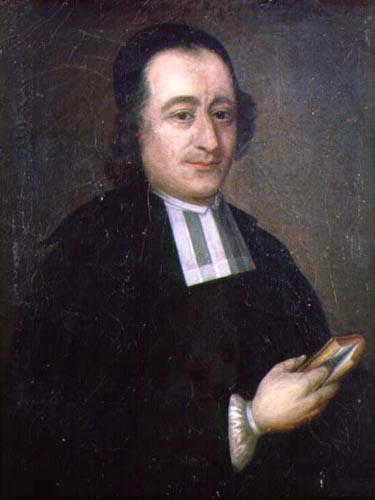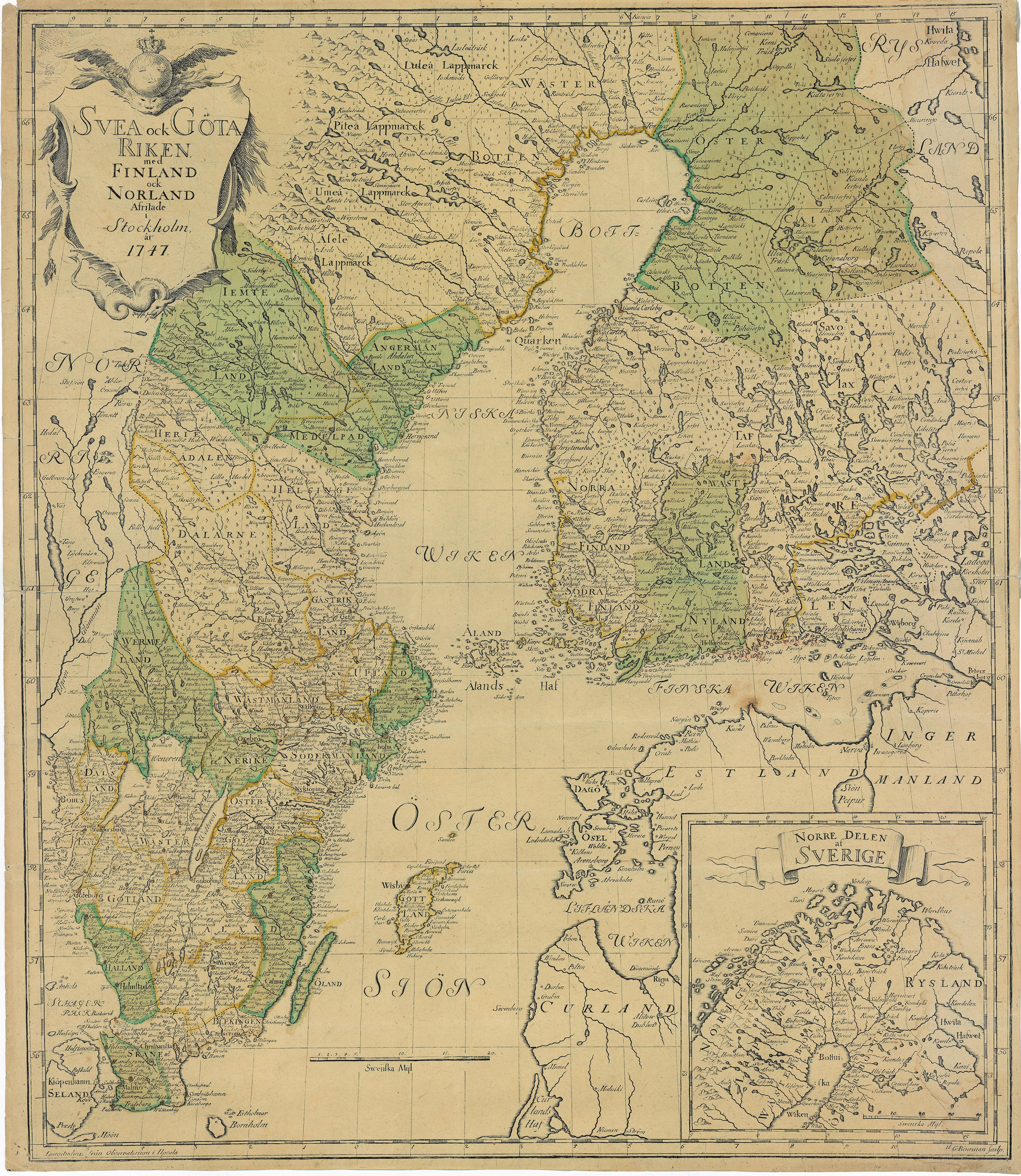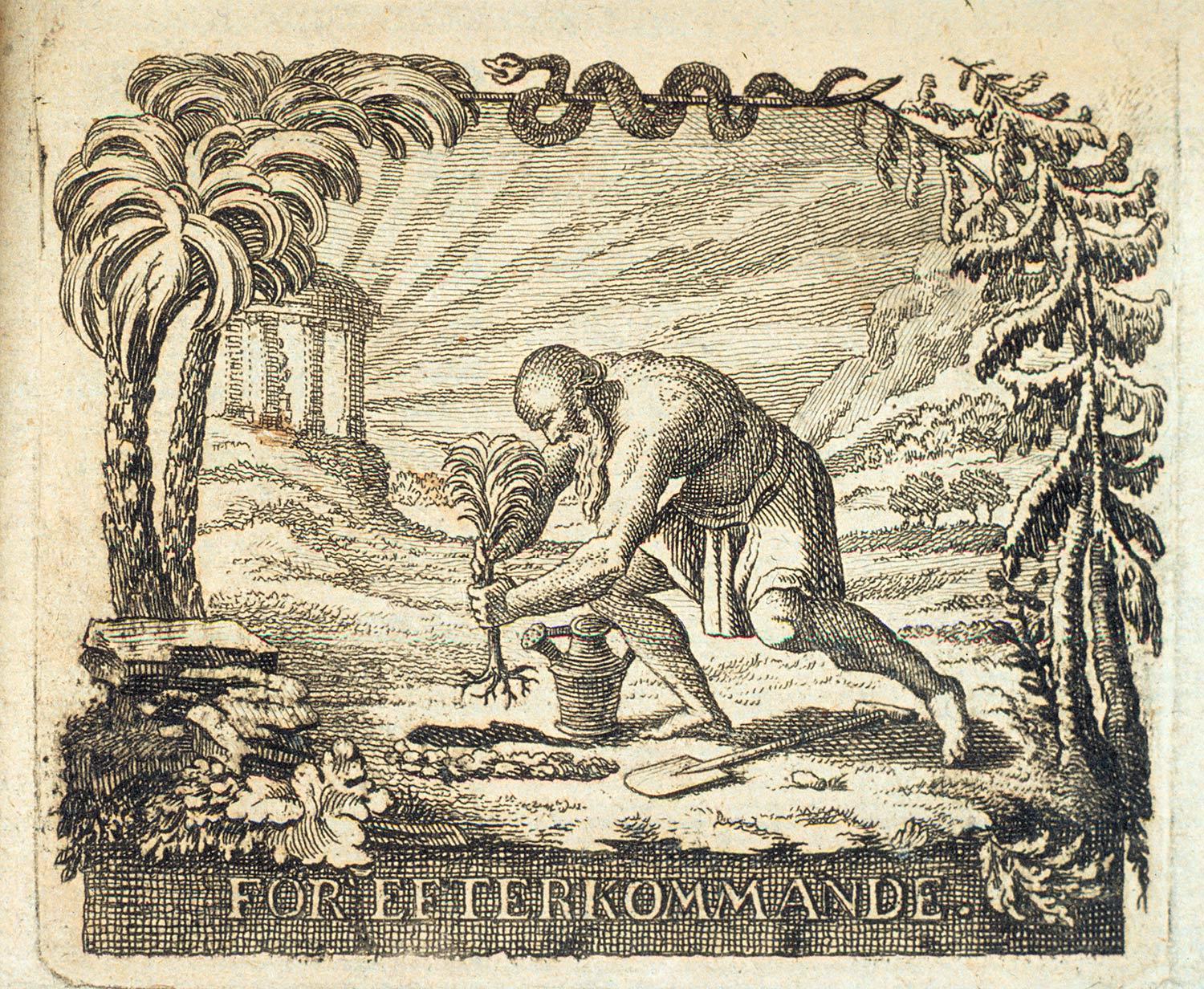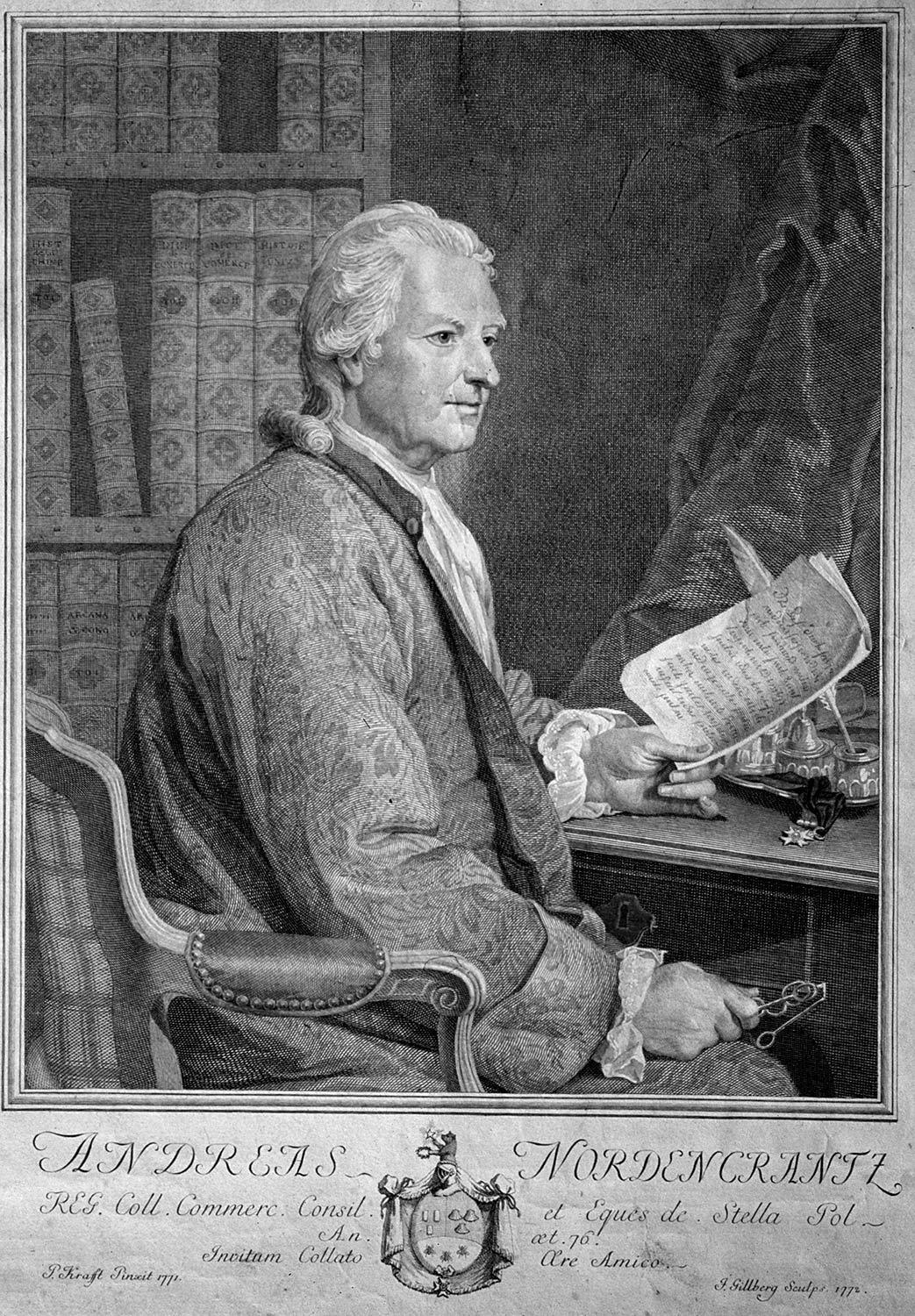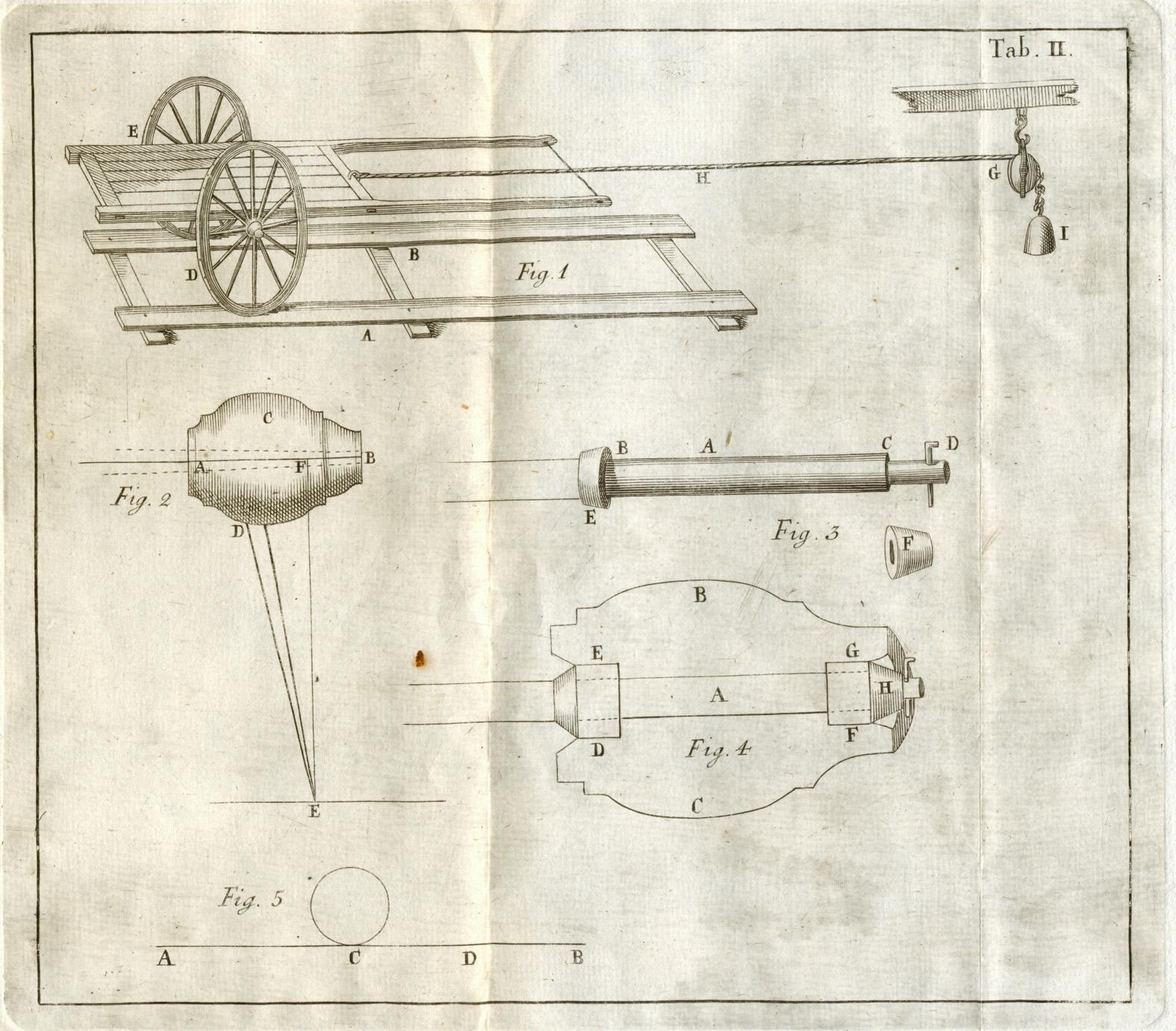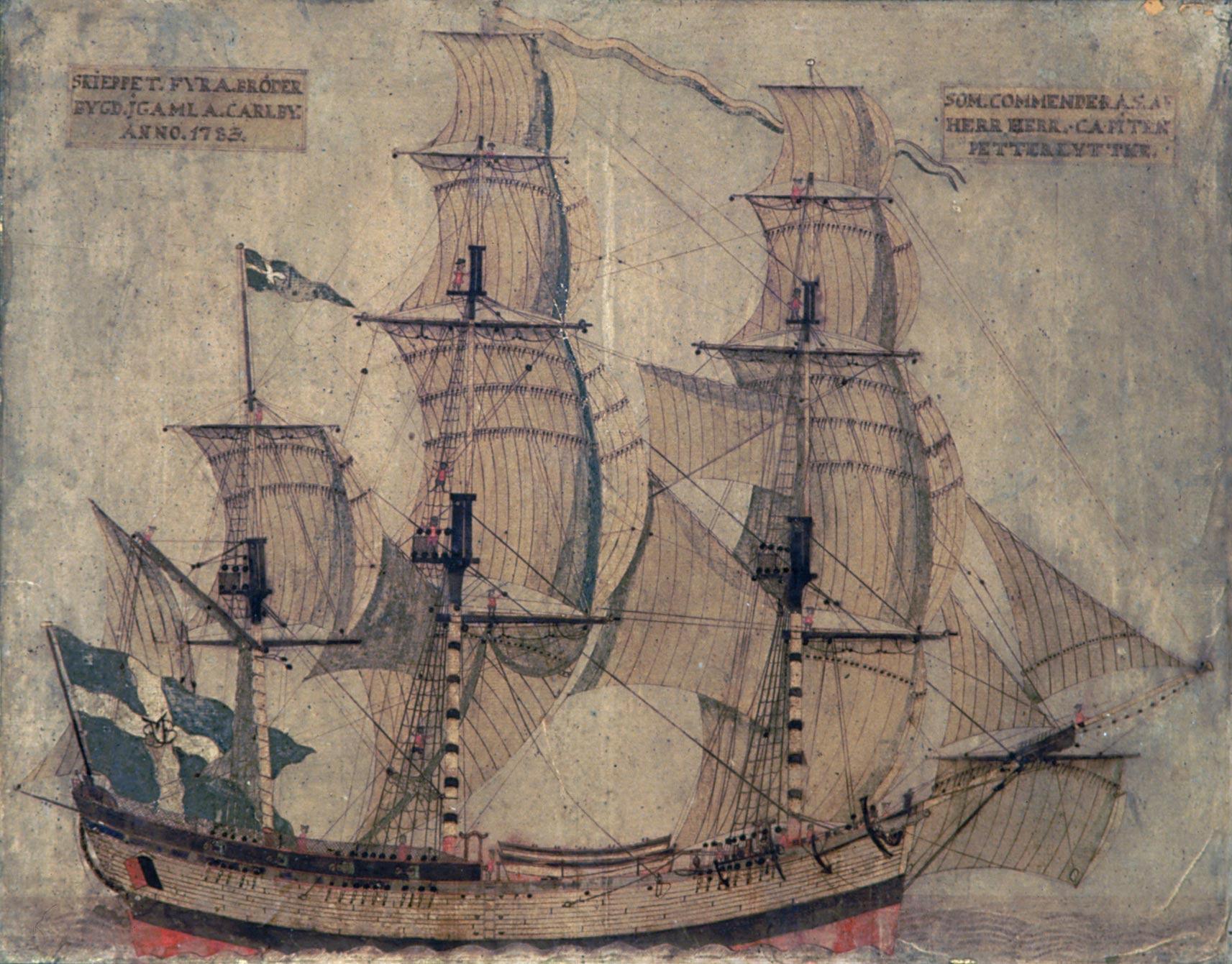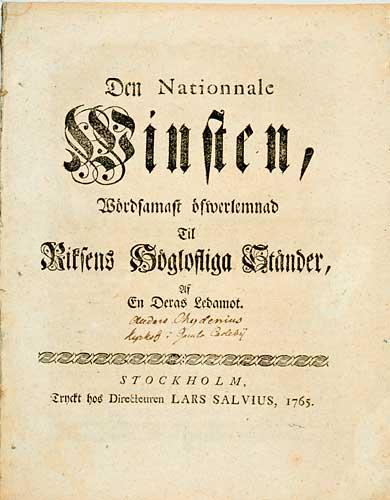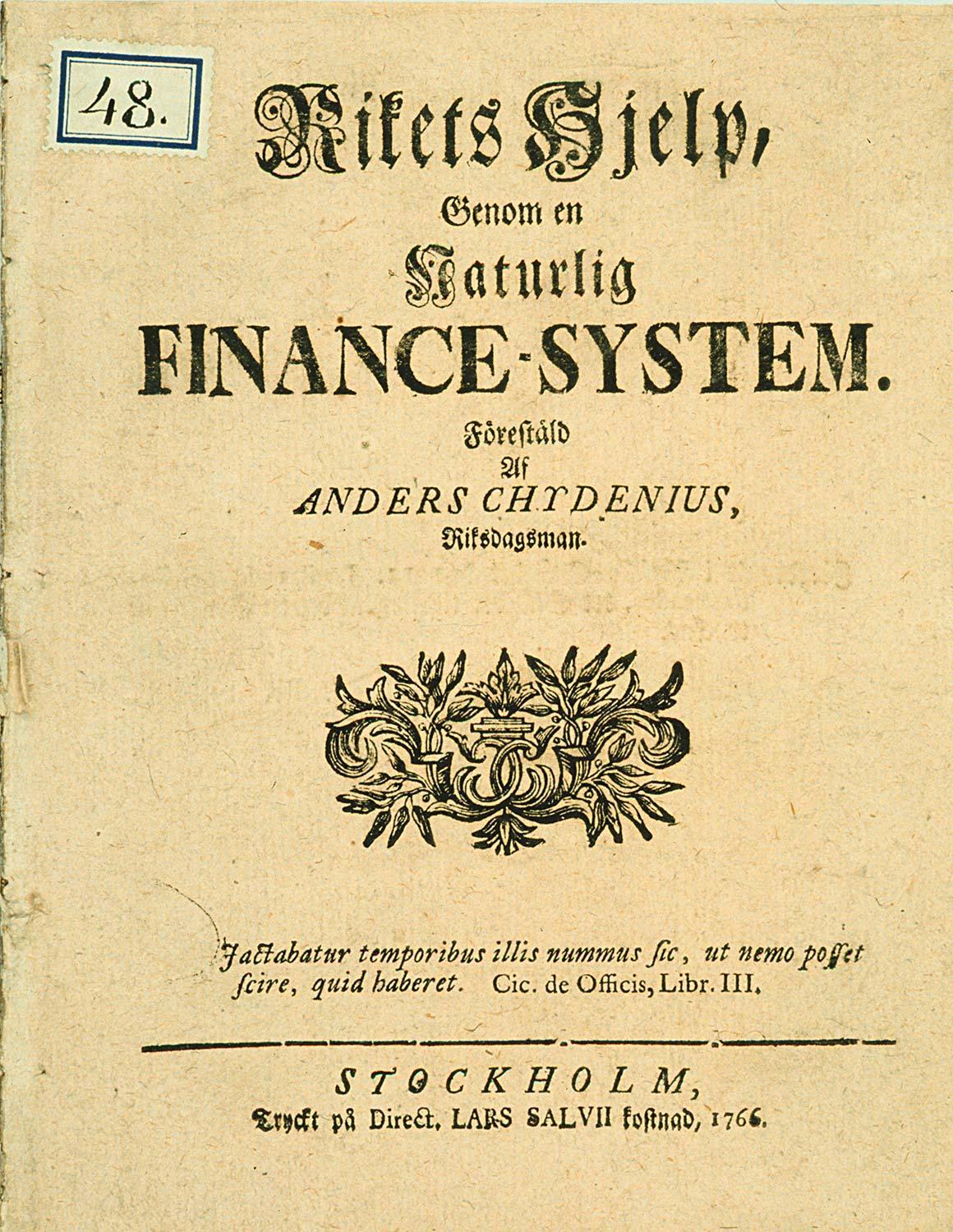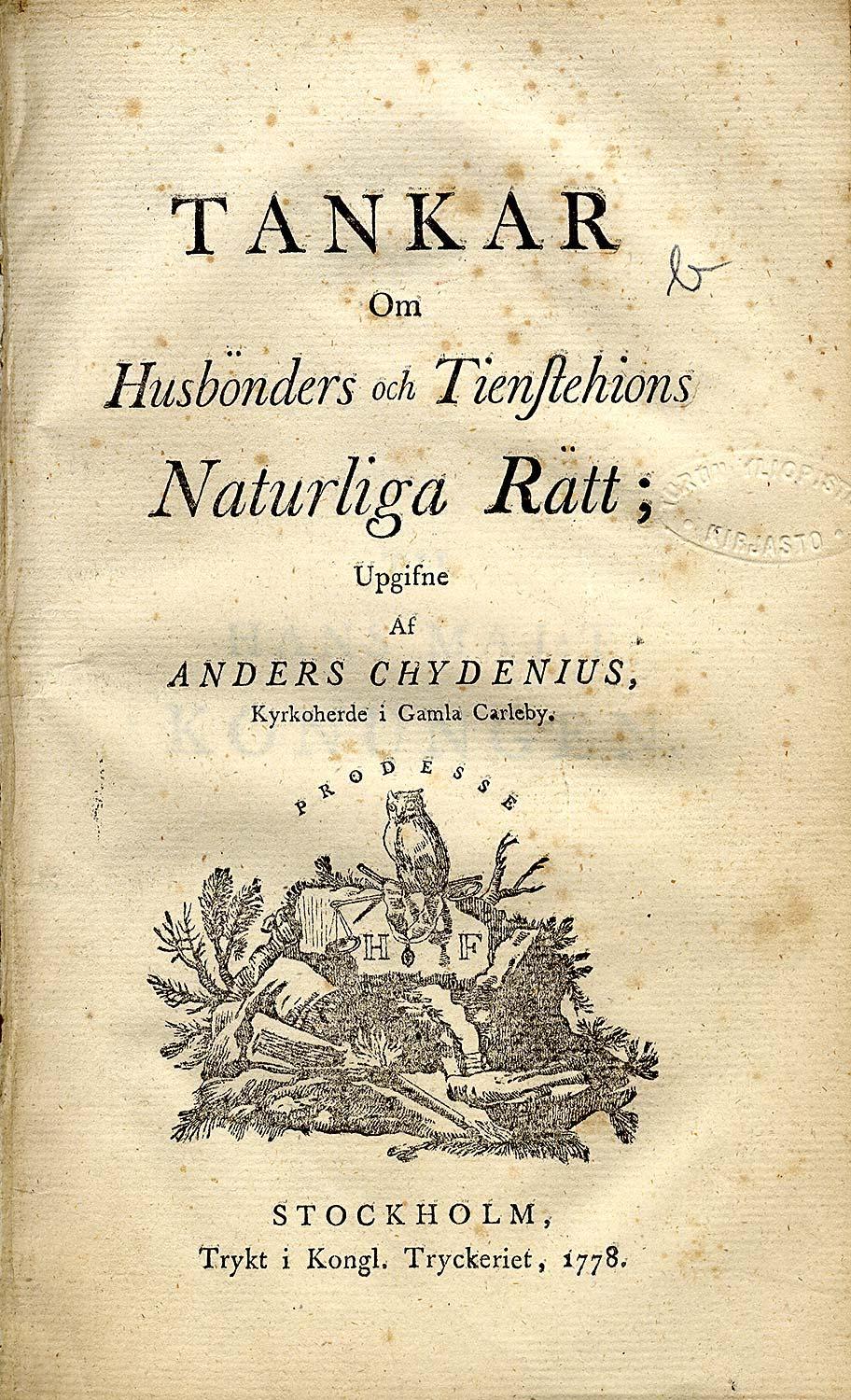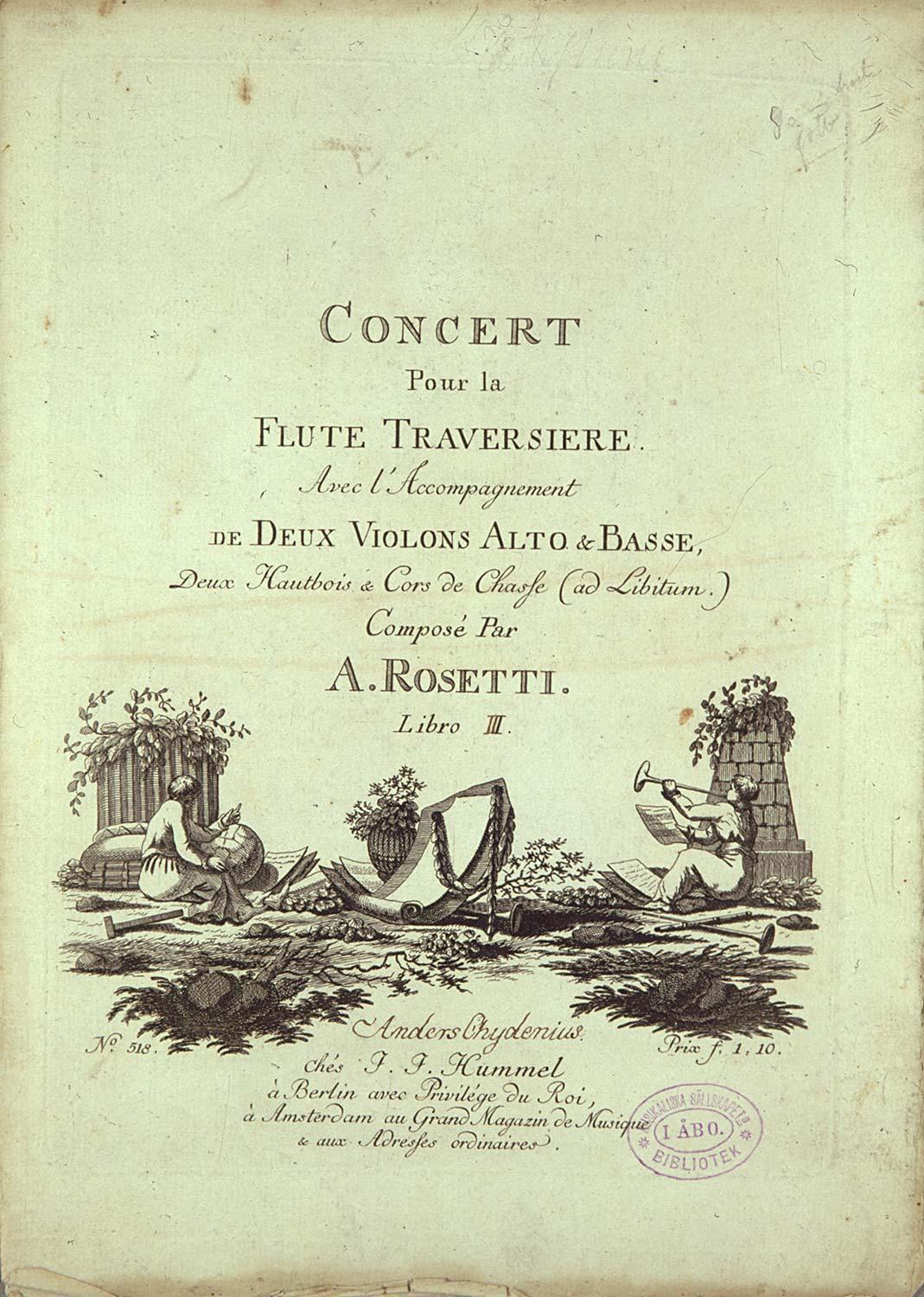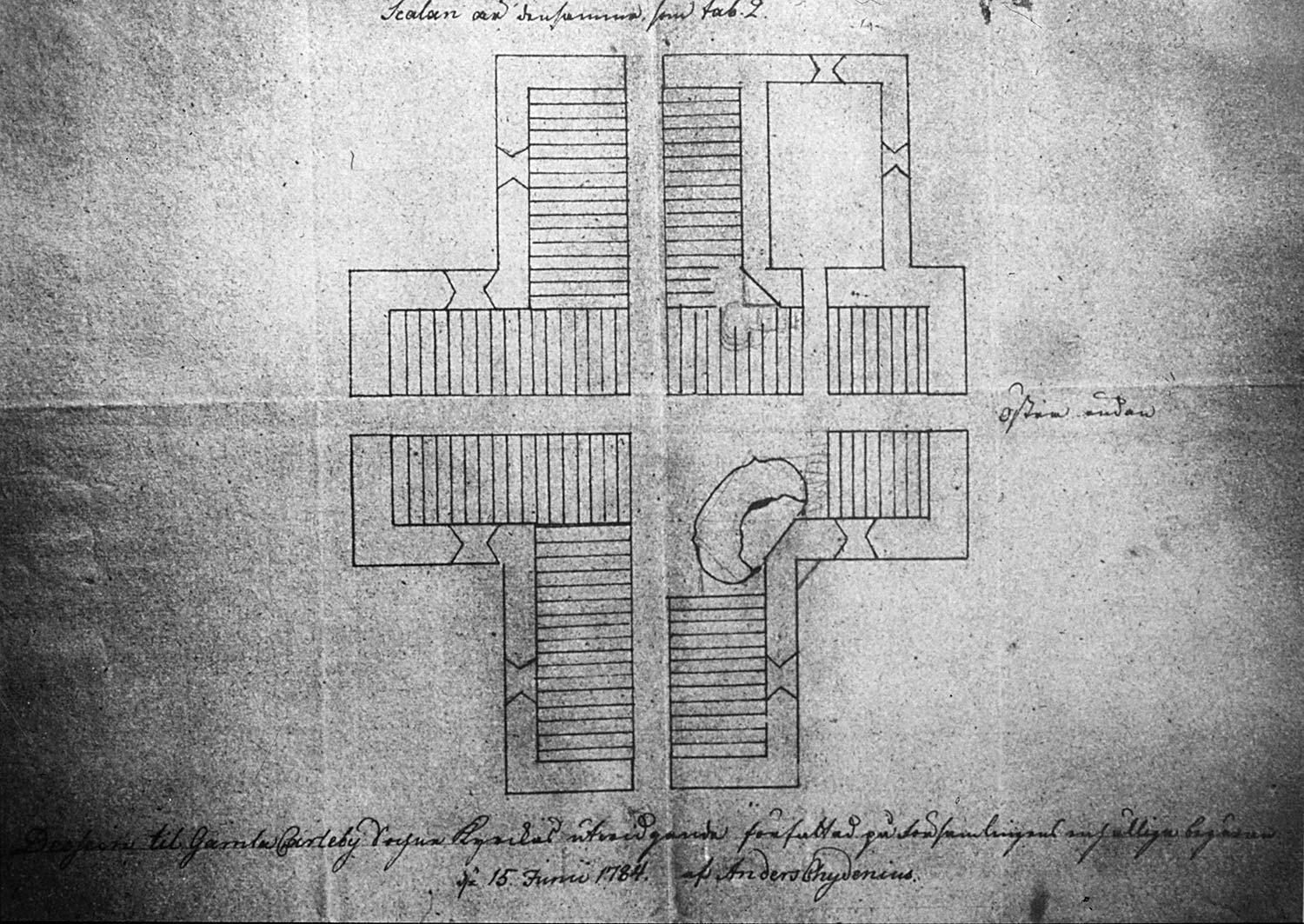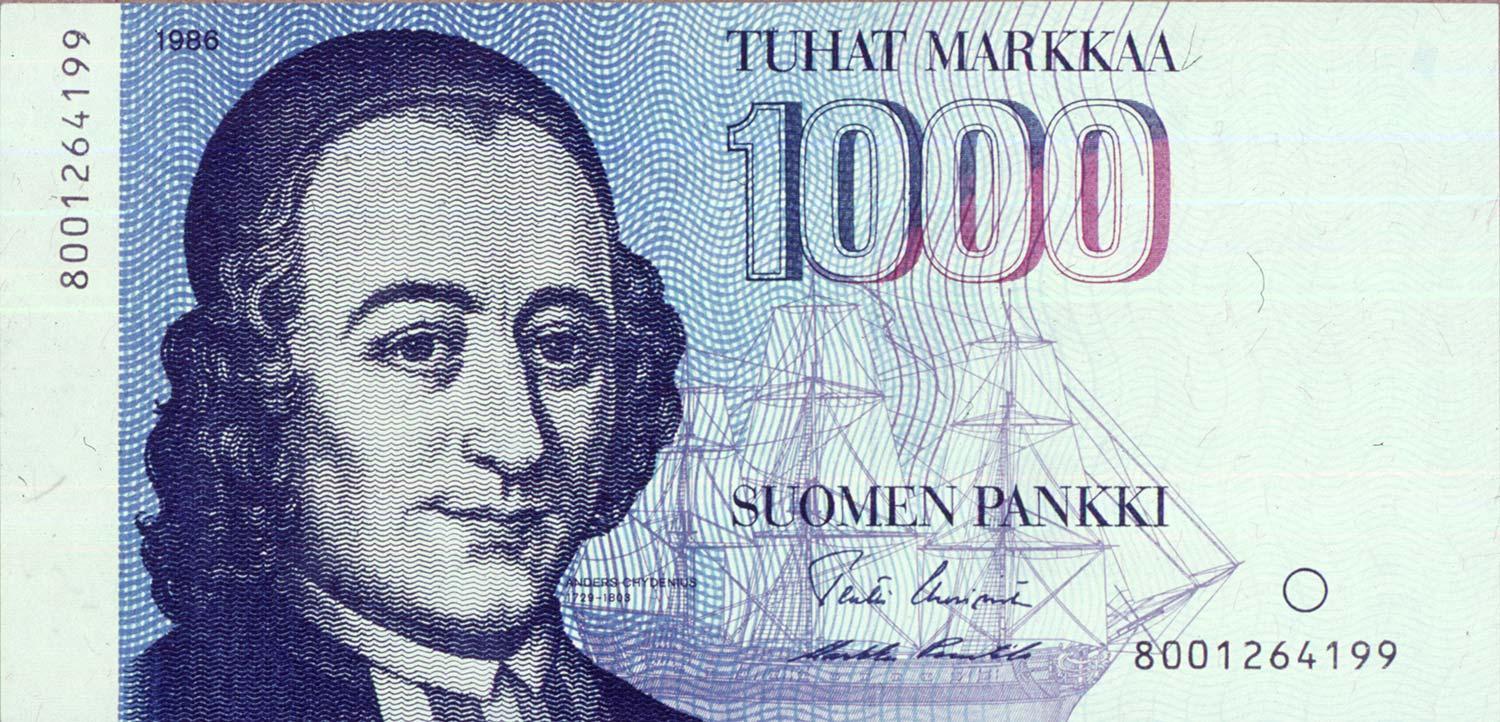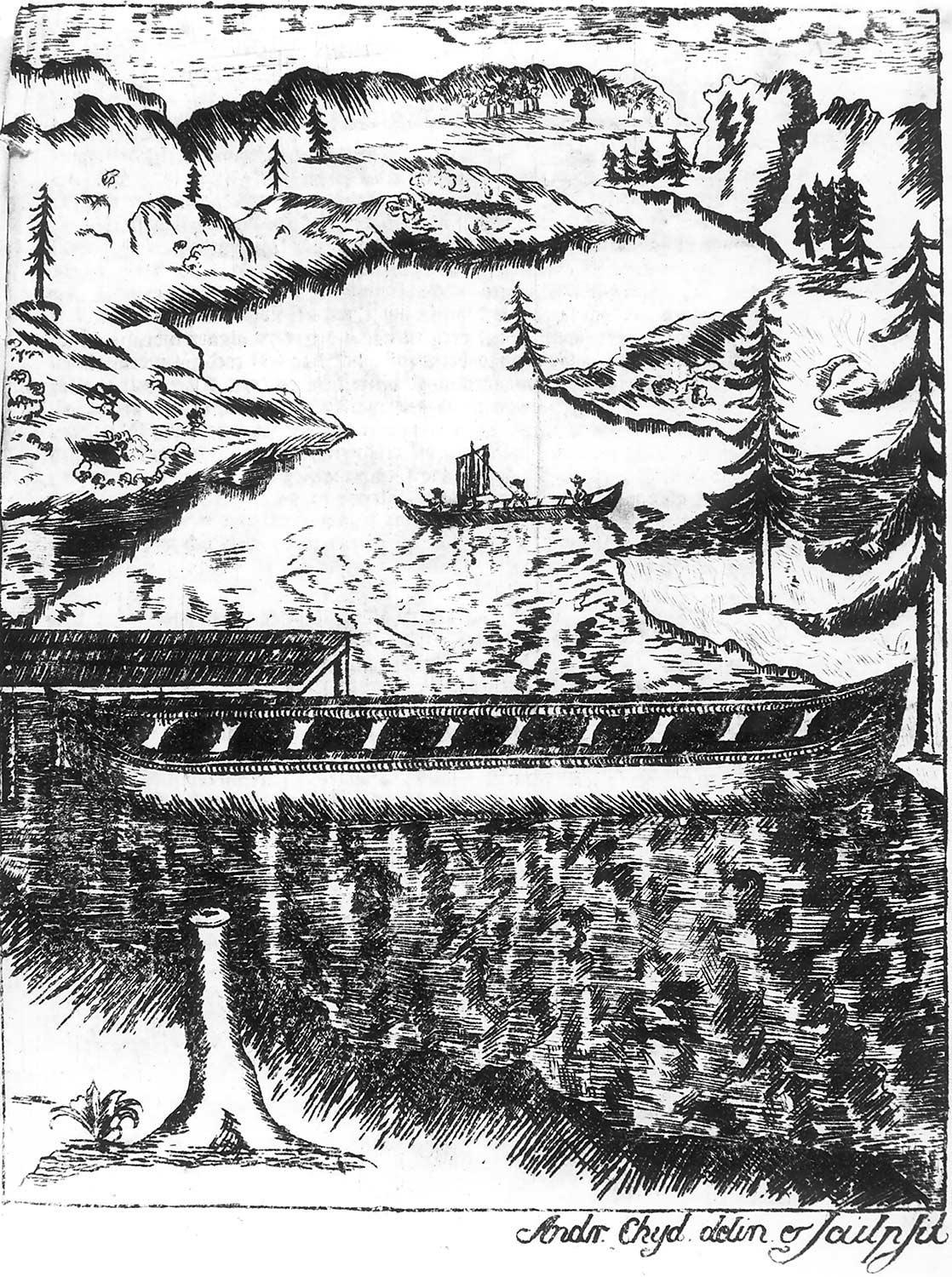Chydenius and Gustavus III
The Enlightened Despot

Gustavus III, King of Sweden 1771–92. Oil painting by Lorenz Pasch junior, 1783. Vaasa Court of Appeal.
Gustavus III (1745–1792) came to the throne in 1771. The following year he organised the seizure of power which returned the monarchy to its former central role in government. The king and his nearest aides had been influenced by the teachings of the physiocrats, according to whom an enlightened despot was able to monitor the current (natural) laws of society, and act always in accordance in the interests of his subjects.
The recent economic problems and party struggles of the Age of Freedom had aroused discontent, and the new form of government was widely welcomed. The centre of power was once again shifted towards the high nobility.
The epoch of Gustavus III began with many reforms : in 1775 came freedom of the corn trade, in 1777 a monetary renewal was undertaken which followed the line advocated for example by Chydenius. In addition the supervision of officials and of the judicial system was tightened up. Finland gained a second Court of Appeal at Vaasa in 1775.
Chydenius – a Gustavian Democrat?
There must however have been aspects of the “enlightened” politics of Gustavus III about which Chydenius had misgivings – for example the plan for the retraction of staple trading rights and restriction of the freedom of the press. Precisely this restriction on the press makes it difficult to estimate just what Chydenius thought of the king, since direct criticism was impossible. In addition from Chydenius’ point of view it was politically convenient to appear royalist. Evidently Chydenius’ attitude, like so many of his contemporaries’, was relatively well disposed towards the new system at first, since it seemed to remove the weaknesses of party political power, and on the other hand did not seem to signify total despotism.
In the 1780’s Gustavus III began to show more despotic characteristics. In 1788 he started an illegal war of aggression against Russia. The next year the king concentrated further powers in himself through a so-called “Union and Security Act”. It is true that at the same time the peasants obtained improvements in their position – for Gustavus III now sought support from the growing lower and middle levels of society.
Chydenius was politically almost totally silent during the later years of Gustavus III. The king’s actions had turned out to be almost totally contrary to those expectations which Chydenius had had of his ruler.



